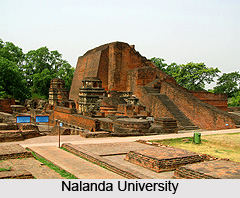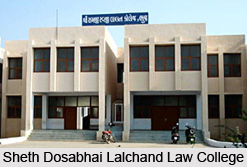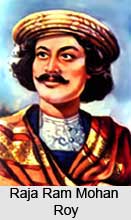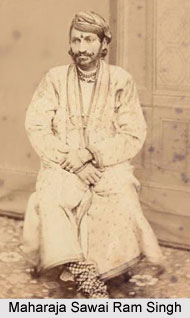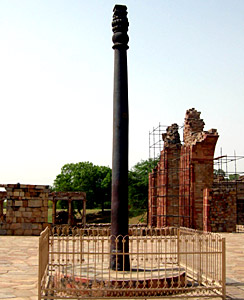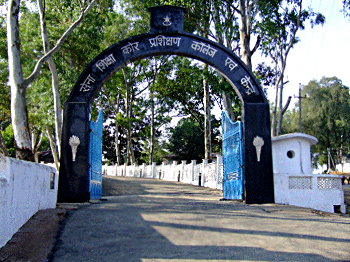West Bengal Joint Entrance Exam (JEE) is the entrance test that is conducted for admissions in engineering and medical degree courses. This entrance test is organized by the West Bengal Joint Entrance Examination Board (WBJEEB). This state level centralised entrance test is entirely government controlled. Students who are seeking admissions in the undergraduate degree courses in Engineering /Technological/ Pharmacy/ Medical/Dental/Veterinary/ Homoeopathy/Physiotherapy/Unani/ Nursing degree courses need to sit for West Bengal Joint Entrance Exam (JEE). These professional degree courses are offered by several renowned institutes and colleges (both government funded as well as private) of the state of West Bengal like Bengal Engineering and Science University, Shibpur and Jadavpur University. This highly competitive entrance test is undertaken by a huge number of students every year for getting admissions to these career-oriented degree courses.
Application forms for West Bengal Joint Entrance Exam (JEE)
First and foremost, the candidates need to remember that the application forms will be separate for different streams. The types are `E` Type for BE/B. Tech programmes, `M` Type for MBBS/BDS/B.V. Sc & AH/BHMS/BAMS/ BUMS / B.Sc. Physiotherapy/ Nursing (H) courses. The interested candidates can obtain the prescribed printed application forms and Information Brochure of the entrance test from different designated Branches of United Bank of India by making the cash payment of the requisite amount. Moreover, the candidates can also obtain the application forms by sending a request along with a bank demand draft of the requisite fee from the office of the West Bengal Joint Entrance Examination Board (WBJEEB). The advertisement carrying all the details of this entrance test is released in leading newspapers of the state. The candidates need to send the completed application form before the last date of submission to the office of the conducting Board. The admit card of the entrance test will be sent to the candidates through post.
Eligibility Criteria for West Bengal Joint Entrance Exam (JEE)
The minimum eligibility criteria required for appearing in West Bengal Joint Entrance Exam (JEE) is a pass in the 10+2 or any equivalent examination from a recognized Board with a minimum score of 50% (40% for SC/ST candidates) in aggregate in Physics, Chemistry & Mathematics (for BE/B. Tech/B. Arch/Pharmacy courses) and Biology (for Medical/Dental/Pharmacy courses). A minimum score is required in English language. Students who are appearing for the 12th standard examinations are also eligible to apply. The minimum age limit is 17 years.
Courses Offered in West Bengal Joint Entrance Exam (JEE)
• B.E/B. Tech/B. Arch
• M.B.B.S/B.D.S
• Pharmacy
Pattern of West Bengal Joint Entrance Exam (JEE)
The test paper of this entrance examination comprises 3 main papers and these are -
• Paper 1: Mathematics
• Paper 2: Physics & Chemistry
• Paper 3: Biological Sciences
The questions are of objective type with multiple choices. For architecture, there is an additional `Aptitude Test` paper. It includes two sections - Aesthetic Sensitivity Test (objective type) and Drawing (subjective type). The Mathematics paper carries a total of 100 marks and is of 2 hours duration. The Physics and Chemistry paper is of 100 marks (50 each) and its duration is 2 hours respectively. The B. Arch aptitude test carries 200 marks and its duration is 4 hours.
Syllabus for West Bengal Joint Entrance Exam (JEE)
Mathematics Syllabus
Algebra, Logarithms, Complex Numbers, Quadratic Equations, Relations between roots and coefficients, Permutation and combination, Principle of Mathematical Induction, Binomial theorem (positive integral index), Matrices, Sets, Relations and Mappings, Probability, Straight line, Circle, Conics, Parabola, Ellipse and Hyperbola, Differential calculus, Integral calculus, Differential Equations, Application of Calculus.
Physics Syllabus
Mechanics & General properties of matter, Gravitation, Elasticity, Hydrostatics and fluid mechanics, Vibrations, Wave motion, Thermal Physics, Thermodynamics, Optics, Electrostatics, Current electricity, Electromagnetism, Electromagnetic induction, Modern Physics.
Chemistry Syllabus
Molecules and Chemical Arithmetic, Atomic mass, Chemical formulae, Atomic Structure, The Periodic Table and Chemical Families, Chemical Bonding and Molecular Structure, Gaseous state, Chemical Energetics and Chemical Dynamics, Chemical Equilibrium, Chemical Dynamics, Physical Chemistry of Solutions Colloidal Solutions: differences from true solutions; Hydrophobic and hydrophilic colloids, Acid-base titrations, acid-base indicators, Solubility and Solubility Products, Redox Equilibrium, Halogen, Chemistry of metals, Chemistry in Industry, Heavy chemicals, Electro chemicals, Fuel Gases, Chemistry of carbon compounds, Hybridization of carbon s and p bonds, Electronic effects, Reactions, Alkyl halides, Alcohols, Ethers, Aldehydes and Ketones, Carboxylic Acids, Aliphatic Amines, Amines, Haloarenes, Phenols, Aromatic Aldehydes, Introduction to Bio-molecules Carbohydrates, Amino acids, Nucleic acids, Identification of functional groups in phenols, aromatic amines, Aldehydes, Ketones and carboxylic acids.
Biological Science Syllabus
Unit of Life, Ultra structure and functions of cellular components, Microscopy, Bio molecules, Carbohydrates, Proteins, Nucleic acids, Enzymes, Chromosomes and Cell Division, Nucleic acid as genetic material, Genetics, Mutation, Human evolution, Taxonomy and Classification, Concept of Biodiversity, Population Biology, Ecosystem, Environmental pollution, Staining, Tissue and tissue system, Functions of life, Photosynthesis, Respiratory system, Cardiovascular system & Blood, Cardiac cycle, Cardiac output, Blood pressure, Blood, Nutrition and Digestive system.
Selection Process of West Bengal Joint Entrance Exam (JEE)
Selection of the candidates is made on the basis of the performance of the candidates in the written test.
West Bengal Joint Entrance Exam (JEE) is the test that is conducted for the selection of right candidates for the right professional degree courses in engineering and medical.
